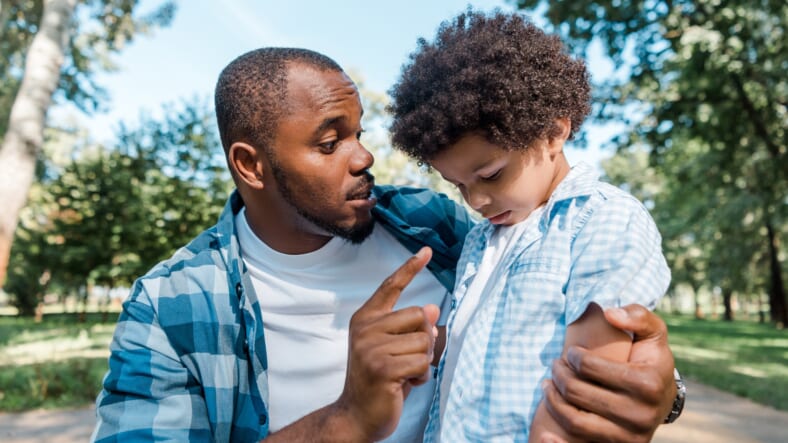
Editor’s note: The following article is an op-ed, and the views expressed are the author’s own. Read more opinions on theGrio.
Just so we’re clear: Parents should not spank children. And that statement should not be controversial. But we both know it is because a lot of Americans are still spanking their kids. A recent tweet from political commentator Matthew Yglesias reminded me how robust the support for spanking is. The General Social Survey in 2021 found 37% of Americans support spanking including 43% of Republicans and 30% of Democrats. Among working-class people, 43% are pro-spanking, while 34% of middle-class people are. And 43% of Black people support spanking while only 36% of white people do. That’s a lot of people who are still spanking their children, and the experts totally disagree with all of you.
The American Academy of Pediatrics has called for a total ban on spanking. They say spanking, “increases aggression in young children in the long run and is ineffective in teaching a child responsibility and self-control … Corporal punishment and harsh verbal abuse may cause a child to be fearful in the short term but does not improve behavior over the long term and may cause more aggressive behaviors.” A survey of 1,500 pediatricians found 74% strongly disapprove of spanking and even more thought spanking does not improve behavior. Also, there is “No solid science that suggests that hitting children … is beneficial for them or society,” according to the American Psychological Association. Yet millions of Black people continue to spank their kids, and I bet they’d recoil if they realized where spanking came from.
I know a lot of people will say “I got spanked and I turned out fine.” Well, I want our kids to turn out a lot better than fine; my bar is higher than that, but also you’ll never know how much better you would be if you had not been spanked. You’ll never know how much more self-esteem you would have without that trauma in your past. Yes, I called getting beaten by someone who is far bigger, someone you love and rely on for everything, traumatic. I know it was to me.
I grew up getting spanked. I cannot count how many times I got whupped before I turned 6 or 7. What were my crimes? I don’t remember. Nothing horrible, I wasn’t a bad kid. But if I said something or did something and Mom sentenced me to a spanking, she would call Dad, tell him what I’d done, and then I had to wait until he got home from work to get my punishment. If Dad was present when I sinned, he would do it himself then and there. (Mom never did the deed.) Dad would whack me on my bottom with his open, stiffened hand. He would give me four, five, six hard hits, maybe more, winding up from above his head and hitting my butt as hard as he could. He was more than twice my size back then so I was defenseless. I would always cry. I forgive my father because he did not know better, but I don’t look back on those beatings and laugh. I still get chills even talking about them.
Those beatings were rough and I feared them, but as a child, I did not have the ability to self-modulate enough to avoid doing or saying things that would earn me a spanking. I couldn’t stop myself, and the fact that I got many spankings should indicate that it wasn’t an effective punishment. I would have done anything to avoid them, but as a young child, I didn’t have enough self-control.
When I was about to become a parent, my wife, then one semester in, announced that we were not going to be spanking this child or any other that came later. Part of me was like, wait, what? That’s a natural part of parenting. How…? But another part of me said OK, that sounds good because I hated getting spanked and I don’t think it made a difference, so let me see if I can get on board with this. I did some research and quickly grew convinced that not spanking was far superior. I never once hit my kids as punishment and now that they’re teenagers, I’m so glad I never did. People who say spare the rod, spoil the child are totally off base. The home should be a safe haven and not a violent space. Children should not be afraid of their parents. Also, what would you call an adult who says they need to beat someone else up in order to teach them a lesson? You wouldn’t call them, they’d have to call you because you can’t call people who are in prison. If it’s unacceptable to beat up an adult, why should it be acceptable to beat children?
Somehow spanking has come to be seen as some Black ish as if it’s a proud tradition in our community. Perhaps it seems like evidence of how much tougher we — both Black parents and kids — are than white people, but, as Dr. Stacey Patton wrote, spanking is some super Euro ish:
“African-Americans adopted the practice of beating children from white slave masters. Europeans brutalized their own children for thousands of years prior to crossing the Atlantic to the New World and colonizing Africa. Historians and anthropologists have found no evidence that ritualistic forms of physical discipline of children existed in precolonial West African societies prior to the Atlantic slave trade. West African societies held children in a much higher regard than slave societies in the Atlantic world, which placed emphasis on black bodies as property, not as human beings. West Africans believed that children came from the afterlife, that they were gods or reincarnated ancestors…”
But in America, during slavery and afterwards, Black children didn’t get to have childhoods — they had to work. In a world where getting out of line could mean death, prison, a whipping or being sold off, Black parents felt a need to quickly compel discipline and obedience. Many chose to do that through spanking.
Dr. Patton continued: “Slaves as parents were under tremendous pressure to shape their children into docile field workers and to teach them proper deference and demeanor in front of whites … Black parents enacted the master’s lash to instill obedience. Their reasoning was simple: Prepare black children to deal with the chronic stresses they would face to keep them alive.”
This sentence broke me: “Black parents enacted the master’s lash to instill obedience.” When we spank, we are replicating massa’s whip. We are using his tools on our children. We are putting our fear and our trauma into our children. We are giving them a miniature slave whipping and thus teaching them that violence is a way of solving problems. I know there’s a better way. I know that showing our kids that we respect them enough to talk to them and also to listen to them teaches them that they are deserving of respect. Children who grow up thinking that they deserve respect are children who will grow up to be a lot better than fine.
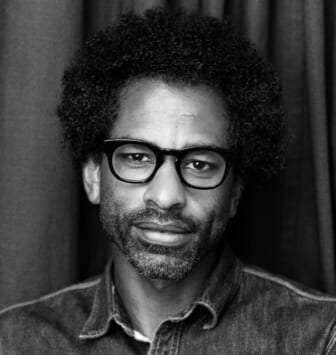
Touré is a host and Creative Director at theGrio. He is the host of the podcast “Toure Show” and the podcast docuseries “Who Was Prince?” He is also the author of seven books including the Prince biography Nothing Compares 2 U and the ebook The Ivy League Counterfeiter. Look out for his upcoming podcast Being Black In the 80s.
TheGrio is FREE on your TV via Apple TV, Amazon Fire, Roku, and Android TV. Please download theGrio mobile apps today!
.png)

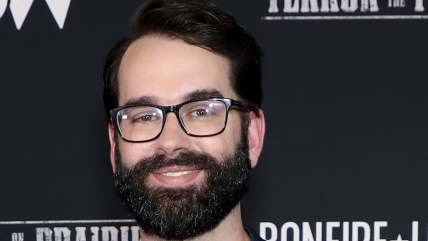

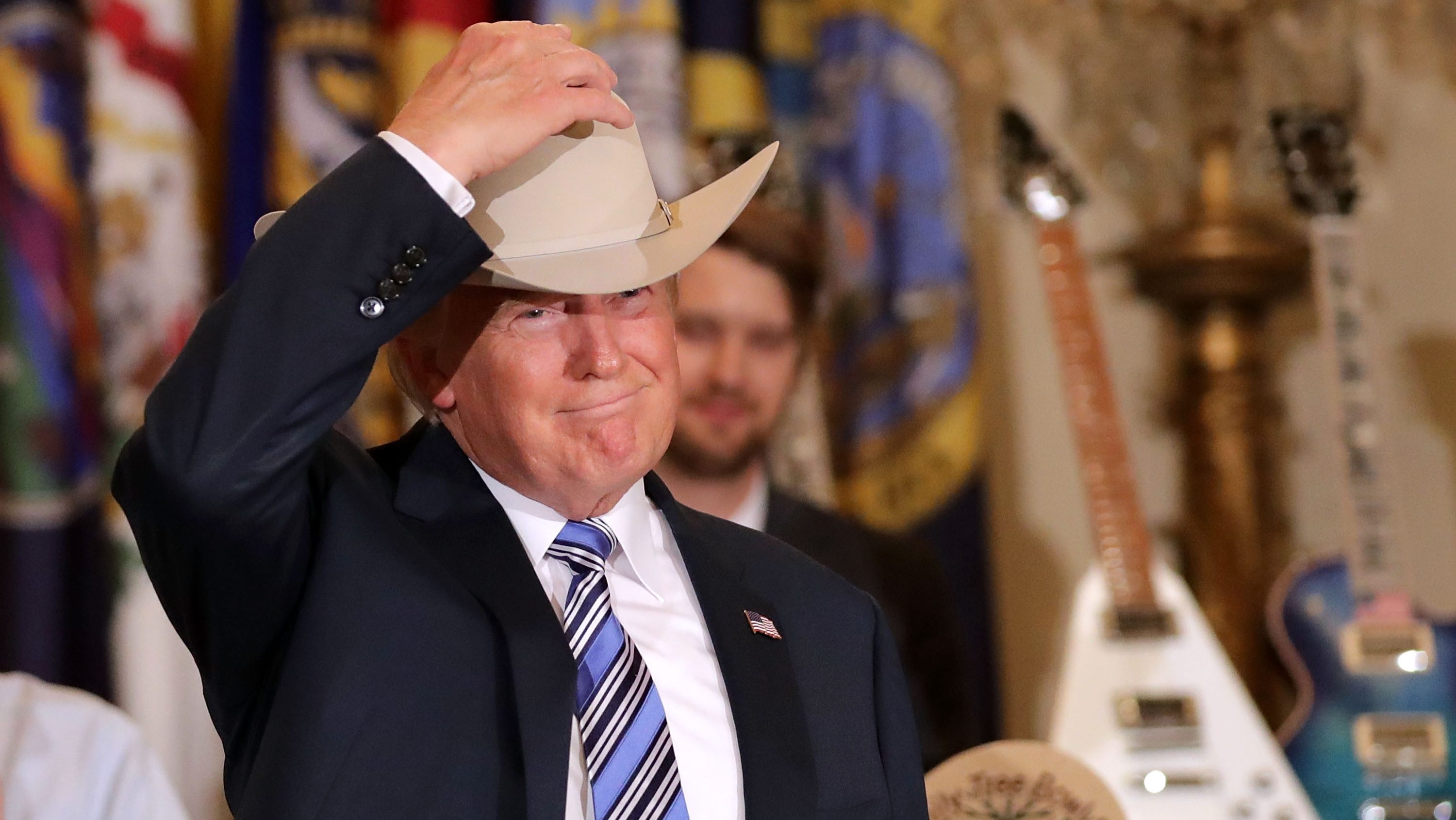
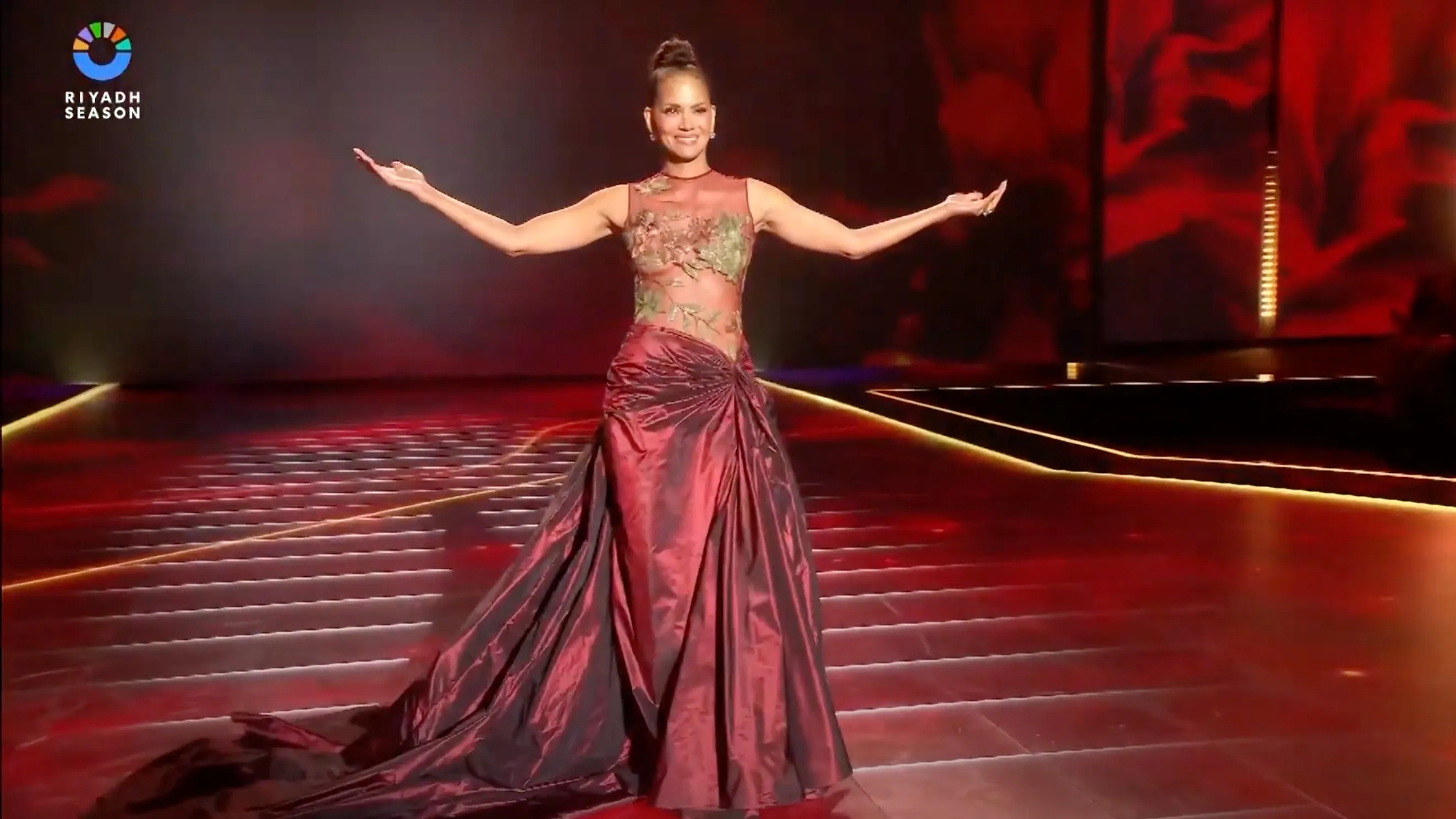






 English (US) ·
English (US) ·